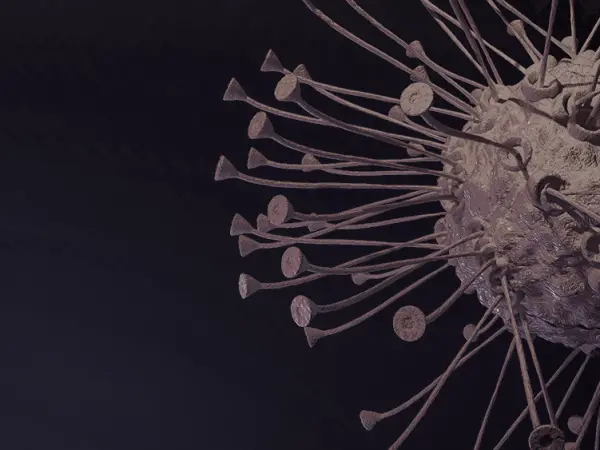All content on this site is intended for healthcare professionals only. By acknowledging this message and accessing the information on this website you are confirming that you are a Healthcare Professional. If you are a patient or carer, please visit Know AML.
The aml Hub website uses a third-party service provided by Google that dynamically translates web content. Translations are machine generated, so may not be an exact or complete translation, and the aml Hub cannot guarantee the accuracy of translated content. The aml and its employees will not be liable for any direct, indirect, or consequential damages (even if foreseeable) resulting from use of the Google Translate feature. For further support with Google Translate, visit Google Translate Help.
The AML Hub is an independent medical education platform, sponsored by Daiichi Sankyo, Johnson & Johnson, Syndax, Thermo Fisher Scientific, Kura Oncology, AbbVie, and has been supported through an educational grant from the Hippocrate Conference Institute, an association of the Servier Group.
Funders are allowed no direct influence on our content. The levels of sponsorship listed are reflective of the amount of funding given. View funders.
Now you can support HCPs in making informed decisions for their patients
Your contribution helps us continuously deliver expertly curated content to HCPs worldwide. You will also have the opportunity to make a content suggestion for consideration and receive updates on the impact contributions are making to our content.
Find out more
Create an account and access these new features:
Bookmark content to read later
Select your specific areas of interest
View AML content recommended for you
CAR therapy
In chimeric antigen receptor (CAR) therapy, immune cells are taken from the patient, genetically modified to express the CAR construct, and then infused back into the patient. To date, most CAR therapies use engineered T cells, which express the targeted cancer cell antigen. New approaches explore the use of NK cells, allogeneic cell sources, and novel CAR constructs to optimize manufacturing and improve clinical outcomes.

Filter by content:
All Therapeutics
- 6-Mercaptopurine
- 6-Thioguanine
- Aclarubicin
- Amsacrine
- Annamycin
- Anthracycline
- Arsenic trioxide
- Aspacytarabine
- Bisantrene
- Busulfan
- Cladribine
- Clofarabine
- CPX-351
- Cyclophosphamide
- Cytarabine
- Daunorubicin
- Doxorubicin
- Etoposide
- Fludarabine
- Gemcitabine
- Hydroxyurea
- Idarubicin
- Lomustine
- Melphalan
- Methotrexate
- Mitoxantrone
- Oral azacitidine
- Sapacitabine
- Thiotepa
- Treosulfan
- Vosaroxin

